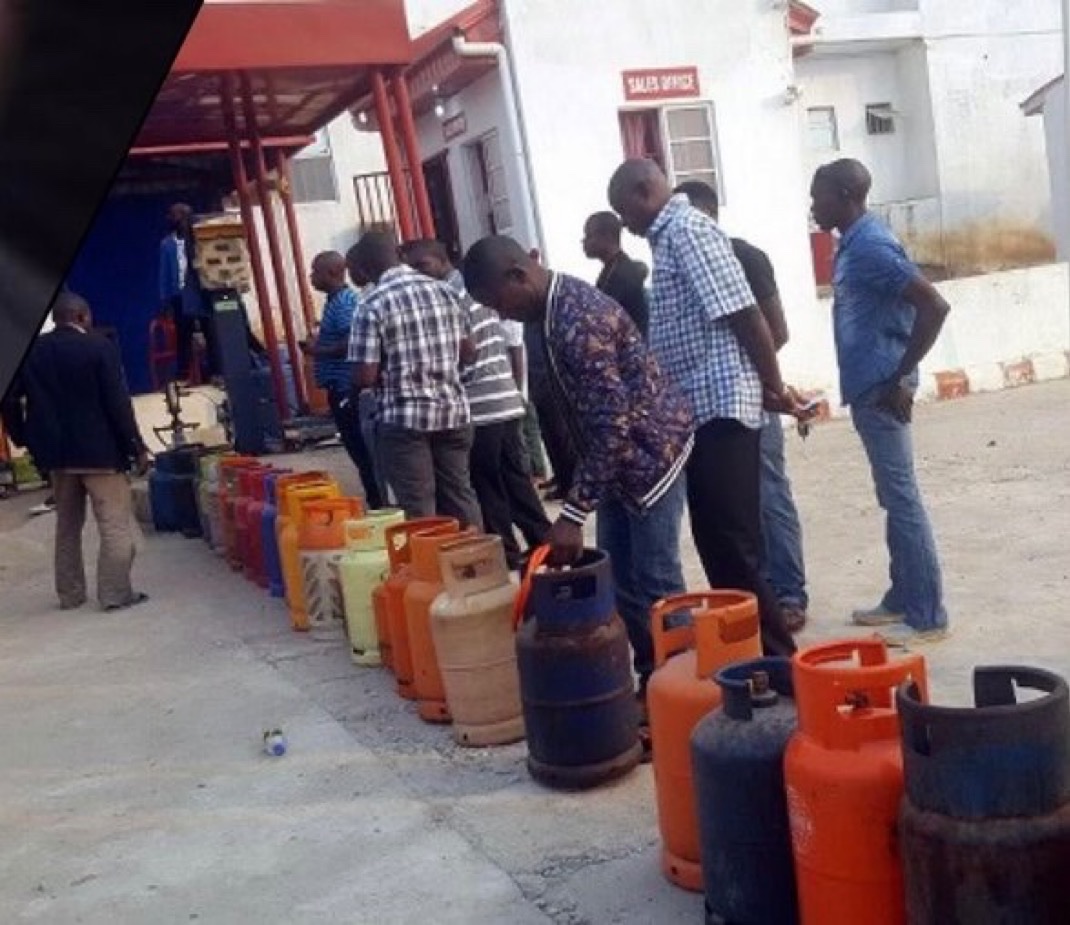In a decisive move that reflects the growing severity of insecurity in Kwara State, the government has ordered the immediate and indefinite closure of schools across several local government areas following intelligence reports of heightened threats to students. The directive, issued through the Ministry of Education and Human Capital Development, affects schools in Ifelodun, Ekiti, Irepodun, Isin, and Oke Ero, marking one of the most significant education disruptions the state has implemented in recent years.
According to the Education Commissioner, Dr. Lawal Olohungbebe, the government reached this decision after receiving credible security alerts suggesting that criminal groups operating within the region could attempt to target or exploit school environments. Authorities fear that kidnappers may use students as shields during clashes with security forces — a scenario that has deeply unsettled parents, teachers, and communities across Kwara South.
The shutdown affects both public and private institutions, including boarding schools. This is particularly concerning, as boarding facilities often house students from multiple communities and operate in relatively isolated locations. The government has emphasized that these closures will remain in effect until security agencies confirm that the threat level has subsided and the environment is safe enough for normal school activities to resume.
This latest development comes against a backdrop of rising insecurity across several parts of Kwara State. Recent violent incidents reported in Ekiti LGA, along with increased movements of suspected criminal elements within surrounding communities, have raised fears among residents. For many, the government’s action, while drastic, signals the gravity of the situation.
This is not the first time Kwara has been forced to shutter schools due to security concerns. Earlier reports indicated that dozens of schools across various rural communities had been closed in previous months following attacks linked to armed groups. The persistent instability has left many families anxious and has placed pressure on the state government to adopt stronger, more visible security measures.
In response to the escalating threats, the state government is advocating the establishment of a military forward operating base within the affected axis, alongside the deployment of a mobile police squadron to boost surveillance and rapid response capabilities. Officials believe these reinforcements will help strengthen the region’s security architecture and deter criminals who often exploit forested terrains and porous borders to launch attacks.
For parents, the sudden closure brings a heavy emotional and psychological toll. Many now face uncertainty about their children’s academic progression, especially as the academic calendar becomes increasingly disrupted. The fear of possible abductions — a reality that has plagued several Nigerian states in recent years — has left families worried, restless, and unsure of what the coming weeks may bring.
Students themselves are not shielded from the psychological strain. The abrupt halt to schooling, coupled with an atmosphere of fear, poses risks to their mental well-being. Without structured learning, many could experience academic setbacks, while others — particularly those in rural communities — may struggle to regain momentum once schools eventually reopen.
Educators, too, are under pressure. Aside from the personal safety concerns, teachers must now grapple with stalled lesson plans, disrupted examination schedules, and the challenge of re-engaging students who may have experienced trauma or prolonged absence.
The economic implications are also far-reaching. Schools provide critical structure for working families, and closures can disrupt livelihoods, especially for parents who depend on stable school hours. In rural and low-income communities, the impact may be even more severe, as children staying at home often contribute to household labor, increasing the risk of long-term dropout.
Observers warn that while the government’s response is understandable given the security intelligence at hand, prolonged closures could deepen existing educational inequalities. Students in safer LGAs will continue learning, while those in volatile regions risk falling behind academically. Without strategic intervention, this could widen learning gaps in the state.
Experts argue that the state’s emphasis on security deployments must be matched with preventive strategies rooted in intelligence gathering, community partnership, and early warning systems. A purely force-driven response, they caution, may not address the deeper issues enabling criminal activities in the region.
Moving forward, the Kwara State Government will need to communicate openly and consistently with residents. Clear updates on security assessments, reopening plans, and interim learning options will be essential to restoring confidence. Some have called for temporary learning hubs in safer zones or community-based learning initiatives to minimize academic loss while safeguarding children.
As the situation unfolds, the eyes of parents, educators, and stakeholders remain fixed on how swiftly and effectively the government can stabilize the affected communities. The decision to shut down schools underscores the urgent need for a comprehensive security framework — one that protects children without sacrificing their right to education.
For now, Kwara stands at a difficult crossroads. The government’s actions highlight a commitment to protecting lives, but the challenge lies in ensuring that safety does not come at the cost of a generation’s future. Ensuring that students return to safe, stable, and supportive learning environments will require not just force, but coordination, transparency, and long-term investment in both security and education.



